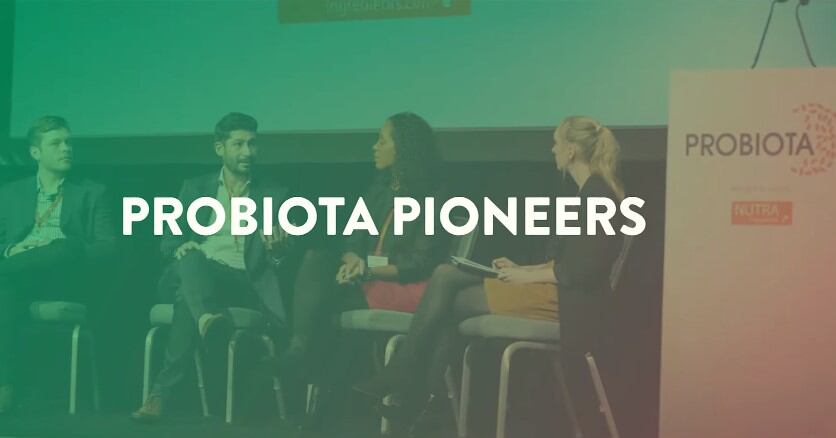Released this week, the report highlights a growing motivation to address gut health and support immunity as well as learn more about the probiotics that offer the best outcomes for individual needs.
“The results of our survey highlight the importance of consumer education and encourage continuing efforts to work with the industry to provide this education,” says Lars Bredmose, Chr. Hansen’s Senior Director of Commercial Development in Food Cultures & Enzymes.
“At Chr. Hansen, we have worked to develop probiotic strain logos and trademarks that our customers may use to strengthen the credibility of their food with the world’s most-documented probiotics.”
Benefit interests
The 2021 survey, which involved 16,000 people from 21 countries, found that 75% reported being very or somewhat familiar with probiotics.
Meanwhile, 48% of respondents said they consumed probiotics daily or almost daily, whether in supplements or in other foods.
According to the report’s authors, the results suggest that probiotic consumption is driven by an interest in their functional benefits, such as promoting gut and immune health and supporting the microbiome.
Further findings revealed that 50% are familiar or very familiar with the term ‘gut microbiome,’ which Chr. Hansen believed the majority associated with gut health followed by immune health, well-being and general health.
More than half of consumers said they had received a recommendation to consume probiotics from someone they trust.
Probiotic misconceptions
Despite the encouraging results, the survey highlighted a range of misconceptions about probiotics with 47% of consumers agreeing or somewhat agreeing to the incorrect statement that all dairy yogurts contain probiotics (when in fact most contain live cultures but not all contain probiotic cultures).
The survey also revealed 71% of consumers would like to learn more about probiotics with packaging and online resources the preferred option.
Consumers were most interested in information regarding health benefits and information that helped them identify which probiotic strains to select.
“We are proud of our work to bring the world’s most-documented probiotics to market and believe the opportunities to make them mainstream will only expand in the future,” continues Bredmose.
“There are many more insights from the survey and we encourage our customers across the food industry to reach out to us for country-specific findings and a discussion of implications for their specific markets.
“We believe our survey findings point to a significant opportunity for producers in the industry who are willing to offer food products made with credible probiotic strains.
“We look forward to partnering with them to shape the future of the industry and help optimise the health of consumers around the world.”
Online education resources
Chr. Hansen’s efforts in providing credible sources of probiotic information culminated in June 2021 with the launch of The Probiotics Institute.
According to the firm, the probiotic-focused digital resource was created in response to heightened interest in microorganisms’ role in promoting general health, specifically supporting immune and respiratory health.
The science-based platform aims to provide authority to the ever-increasing library of research in this area as well as clear up misconceptions about probiotics and their benefits.
Chr. Hansen’s platform closely follows several similar resources, also aimed at responsibly informing audiences in other health areas, as a possible antidote to misinformation seen on social media.
Also in 2021, Danone Nutricia released details of The Danone Nutricia Campus, a digital platform that offering opportunities for ongoing education and access to expert opinion in first 1000 days, Frailty & Disease Related Malnutrition, Early Alzheimer’s disease and nutritional demands of preterm infants.
In March of that year, Tate and Lyle set the ball rolling with its digital resource that looks to provide clarity on the research behind ingredients used in the firm’s offerings in sports nutrition and gut health.
The Tate & Lyle Nutrition Centre is an online hub that scrutinises evidence-based science for ingredients such as sweeteners and dietary fibres, and their impact on the gut microbiome, bone and overall health.




